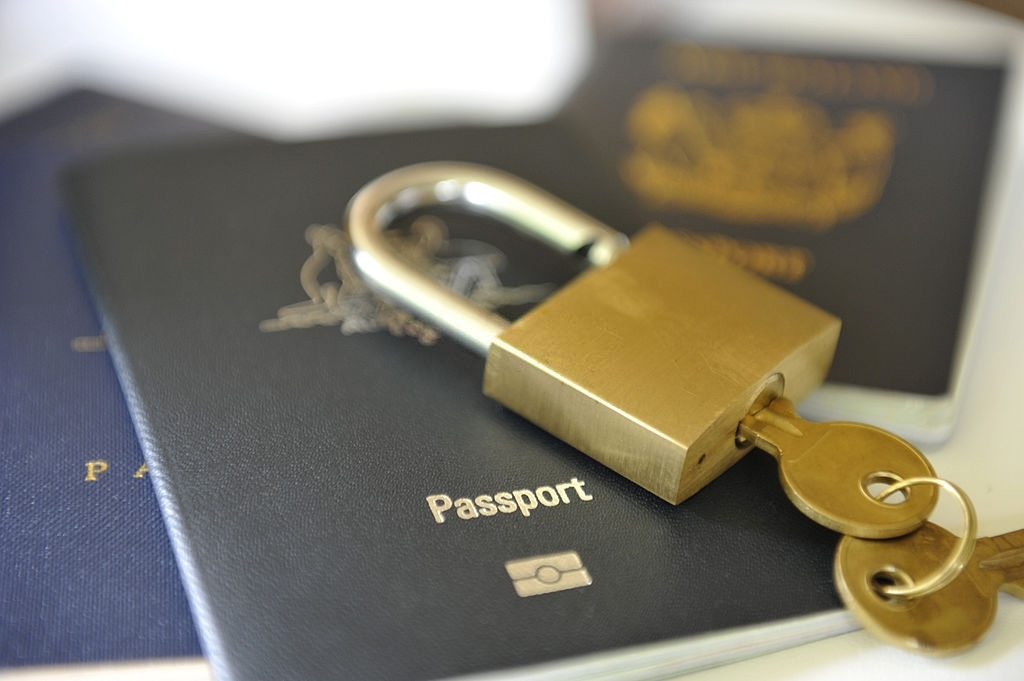Travel Insurance for Visitors to Australia

Remember to keep an eye on Smart Traveller Government website for up to date information about travelling during Covid-19 restrictions.
Here’s some tips that could be useful:
- If you’re purchasing a policy today, it’s very unlikely that you’ll receive coverage for coronavirus-affiliated claims.
- If the government has advised you not to travel, there’s a high chance your policy will be voided and you’ll be without cover.
Quite recently though, domestic travel has been picking up and several insurers are offering policies again. Just make sure you know you won’t receive any coverage for coronavirus-related claims for domestic travel insurance.
What pros are there in having travel insurance while you visit Australia?
Travel insurance grants visitors a range of benefits and features that are specific to them.
- Medical services. You can be covered for medical care when visiting Australia. Emergencies are generally expensive and unexpected, so make sure you or your family don’t get caught out with the hefty costs that these can bring.
- Unforeseen circumstances like a family member passing away, being diagnosed with a medical condition or losing your job can cause you to cancel or cut your trip short. The long trips home can be quite expensive so make sure you’re covered so if anything were to arise, your travel insurance policy will reimburse you for any money you needed to spend on flights home if need be.
- Personal belongings. Because you’re travelling quite the distance, the last thing you want on your mind is being stuck in Australia without your personal belongings. If your luggage has been damaged, gone missing or been stolen during your travel, your travel insurance policy will give you the cover you need for replacement of your belongings or repair for any damage that’s occurred. Also, if a travel provider has misplaced your personal belongings or the arrival of your luggage has been delayed, you can get cover to get the essentials you need such as clothing and toiletries.
- Australia is normally quite a safe country but no country is exempt from theft, especially if you’re looking to explore different areas of Australia. Travel insurance will look after you if your credit card, passport, travel documents or any cash is stolen.
- If you’ve planned out a road trip in Australia, getting rental vehicle excess cover will protect you from paying any excess on the rental car if anything were to happen like a car crash. Personal liability can also be included with a travel insurance policy for visitors to Australia. So, if an accident were to happen and you were responsible, you would be legally obliged to pay the fees, this amount can then be reimbursed to you through your travel insurance up to a certain limit as written in your policy.
To summarise, if you decide to get travel insurance, you’ll be protecting yourself from a wide variety of risks you could be subject to during your travels. This’ll not only help save you money long-term, but relieve of you any major financial stresses should anything go wrong.
Conditions of non-resident travel insurance for Australia
There are certain requirements you need to meet in order to be eligible for travel insurance cover. These can vary among different insurers, but the common theme that is shared by them all is that you must spend the vast majority of your travels in Australia. Most insurers will ask you to obtain valid private health insurance or Medicare cover also. It’s worth noting that not every pre-existing medical condition can be covered by your insurer. A few may be excluded automatically and others may require you to provide more details around the type of condition you have.
As with normal travel insurance policies, non-residential travel insurance policies will normally have an age limit for those who’re eligible for cover. For example, a lot of policies will state that you need to be under the age of 81 to make a claim.
It’s a possibility to take out a policy either before or after you’ve arrived in Australia, although if you’ve already arrived into the country, you might have to serve the waiting period given out by your insurer before the certain benefits or features of your policy are available to you.
How do I compare non-resident travel insurance policies?
Before you begin to compare non-resident travel insurance policies, make sure you’ve done your research beforehand. It’s as simple as looking online for insurance providers who will specialize in the type of cover you need, and take a peek at the reviews of insurance providers that you’re thinking about.
Gather several quotes from different insurers to get a better picture of the costs, and don’t let your decision be determined by cost but by what the policy specifically includes in its cover. Ensure you’ve read all the necessary policy documents to understand your benefits, limits, features and exclusions given by each individual policy. Is the policy you’re considering grant you the protection you need from all the experiences and activities you’ll be involved with? Does policy A have better benefit limits than policy B? These are questions you need to ask yourself before pulling trigger on a travel insurance policy.




